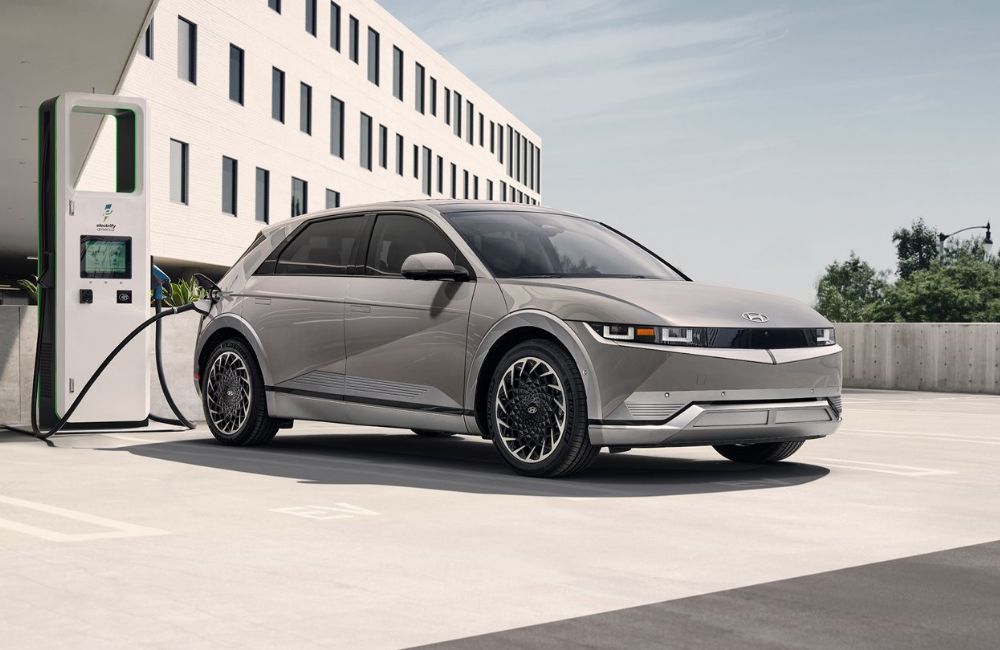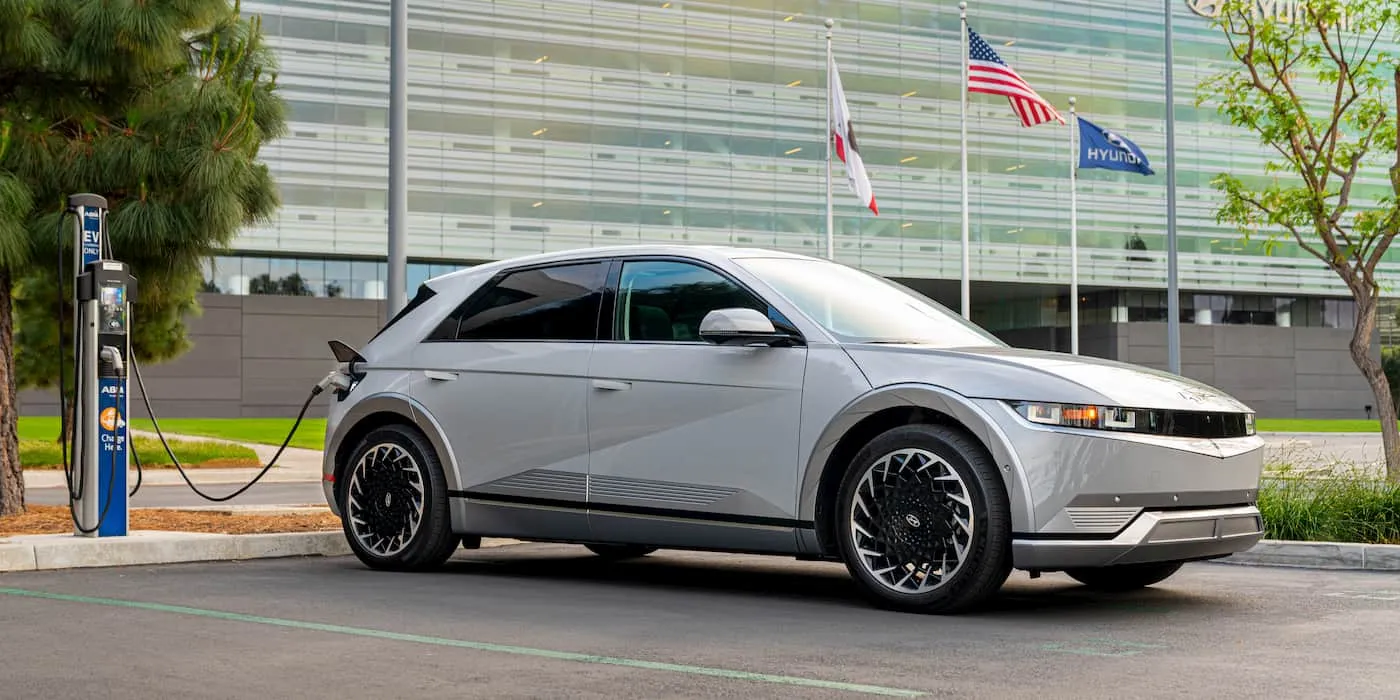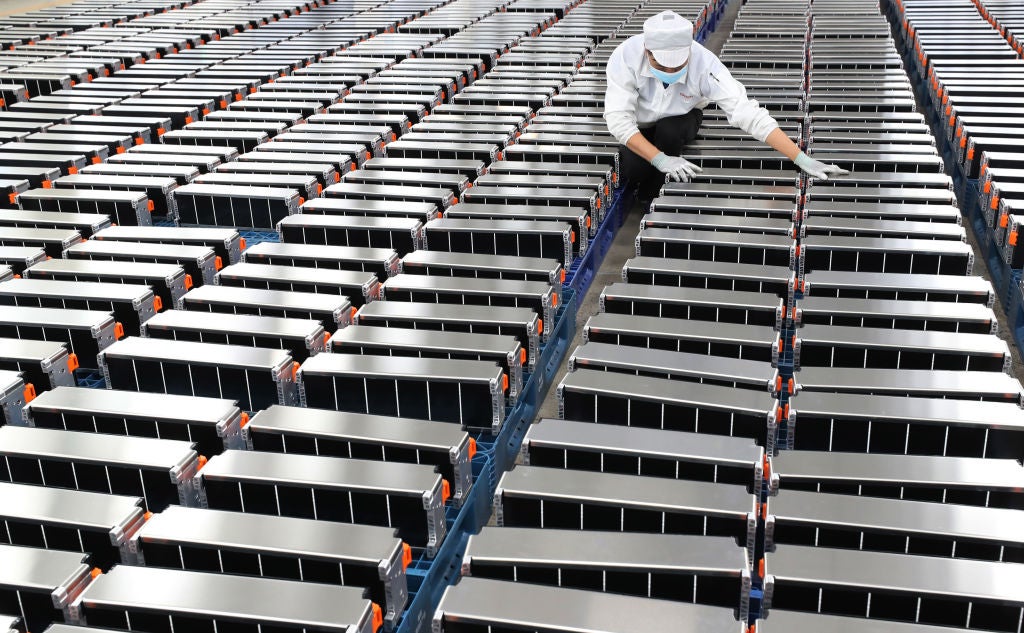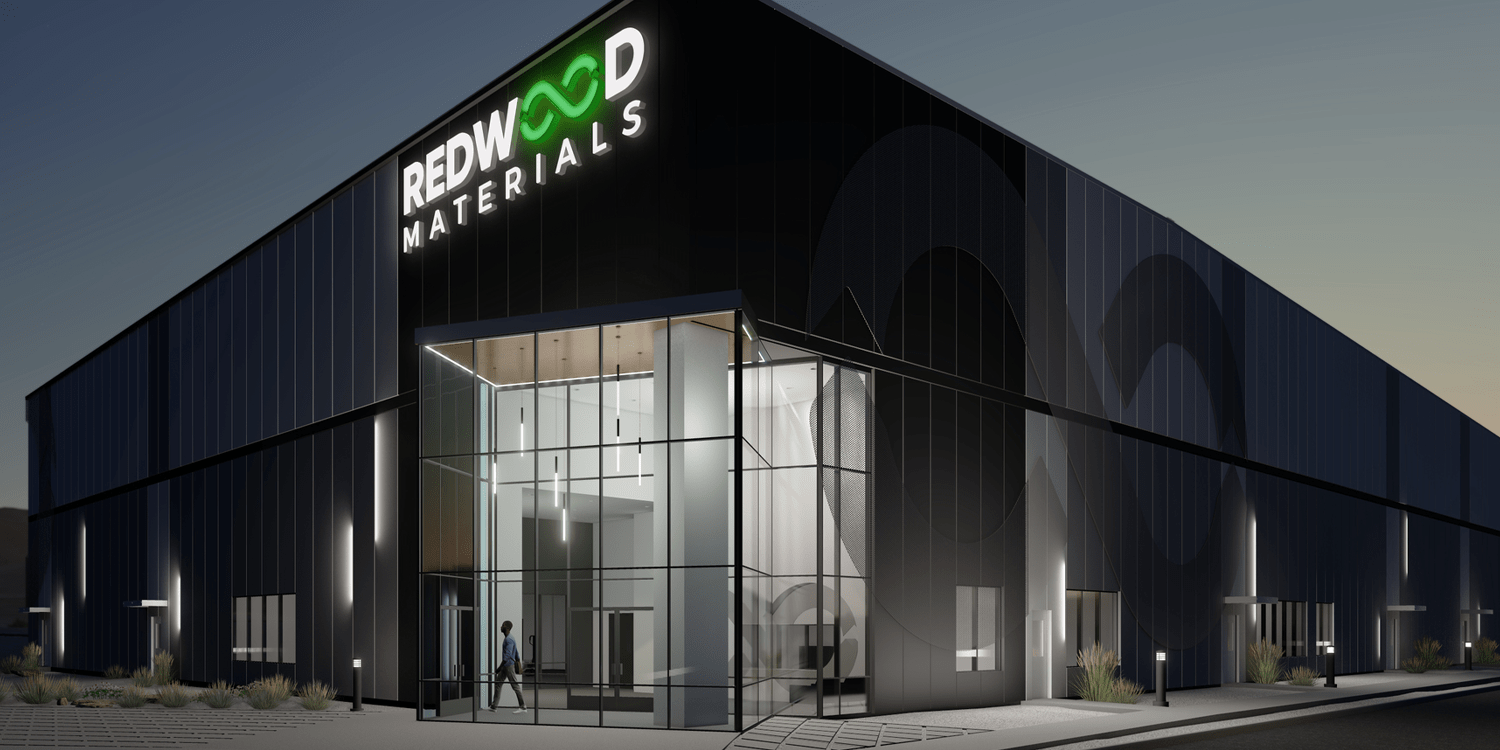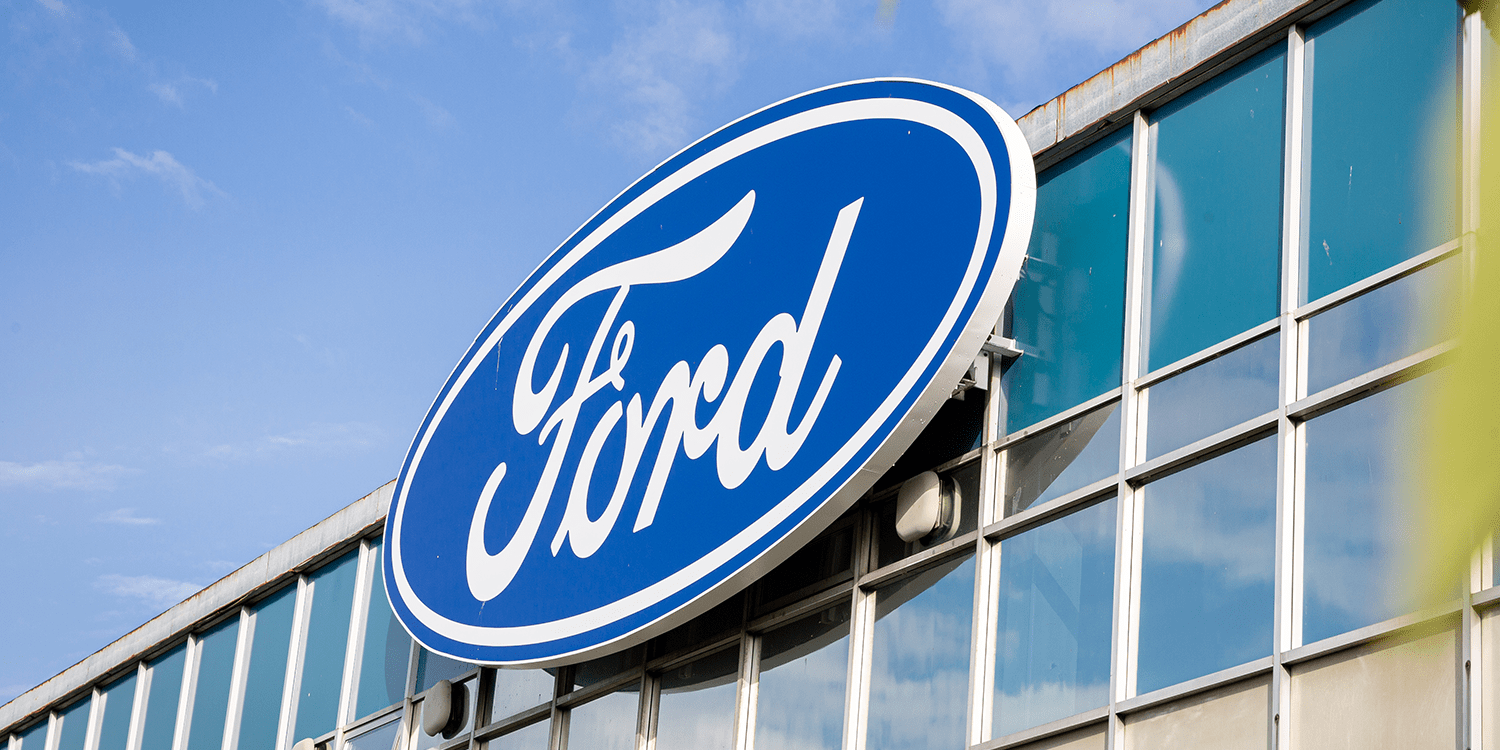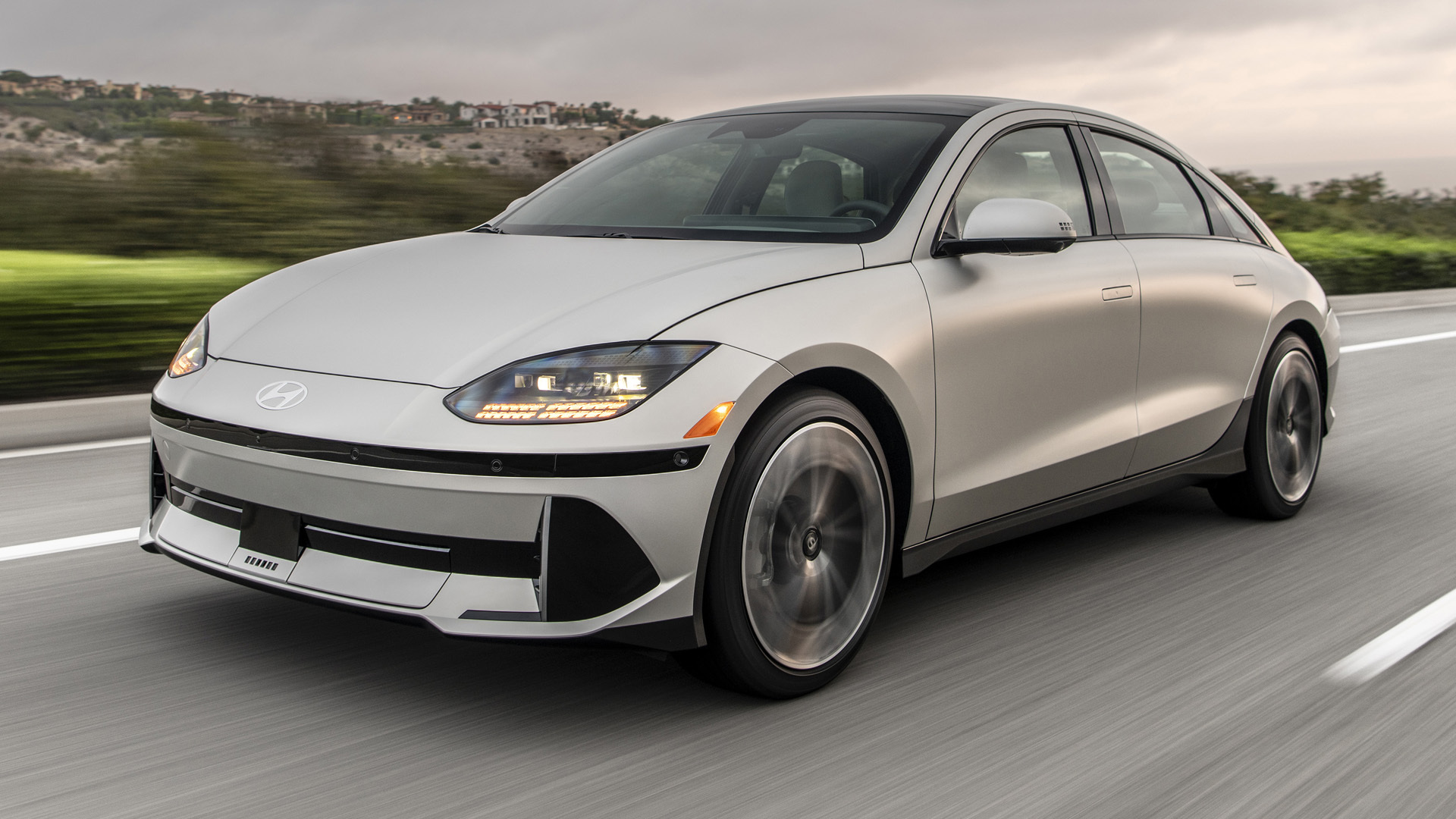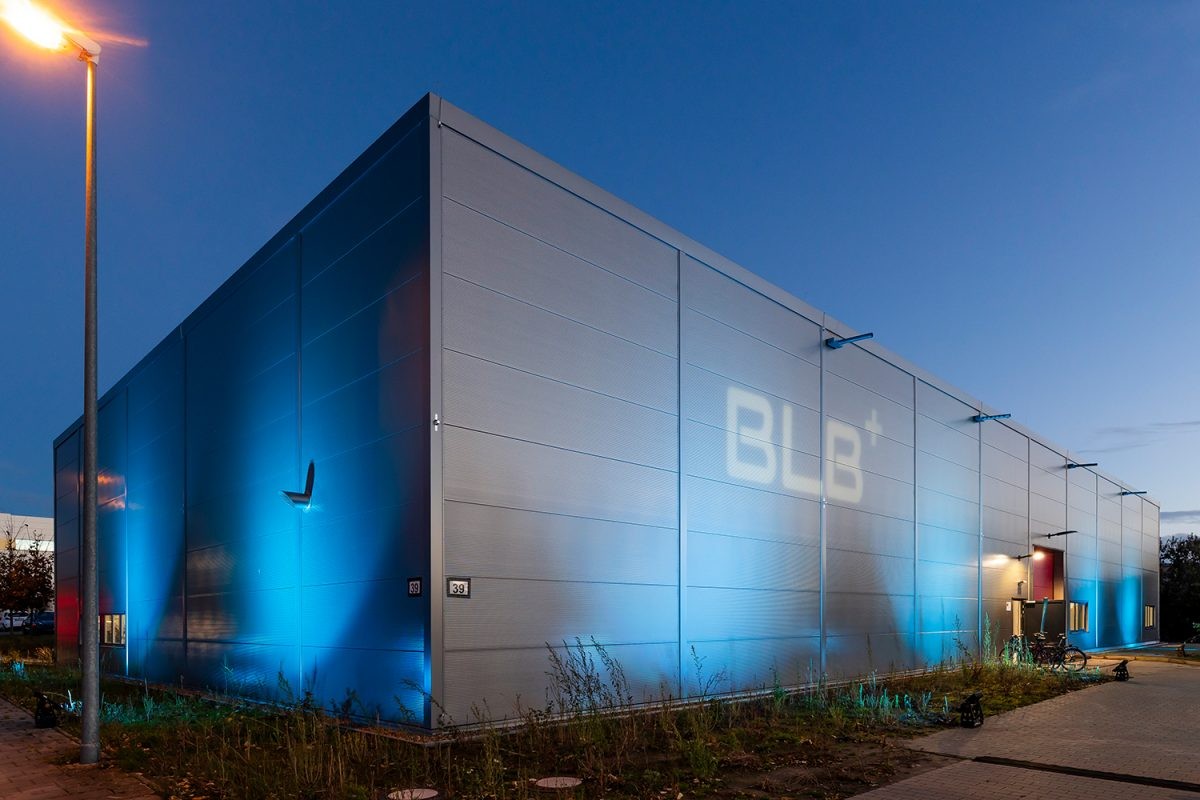South Korea’s Hyundai Group is embarking on a significant endeavor to develop its own lithium iron phosphate (LFP) battery cells, a move designed to make electric cars more affordable. In collaboration with battery manufacturers in South Korea, this joint project, initiated in 2023, is slated for completion by the end of 2024, as reported by Korean media outlets.
LFP batteries are set to become the power source for small and medium-sized electric vehicles produced by Hyundai and Kia starting in 2025. These batteries are recognized for their cost-efficiency and durability, making them a key element in the quest for more affordable electric cars in the compact car segment. Until now, China has held a dominant position in the market for LFP cell production, but Hyundai Motor Group (HMG) is striving to reduce its reliance on Chinese LFP battery suppliers.
This initiative involves not only developing LFP cells tailored to HMG’s specific requirements but also actively engaging in the production of these cells. The primary development target is to achieve an energy density of 300 Wh/kg, along with voltage and capacity levels equivalent to high-quality nickel, manganese, and cobalt (NCM) batteries.
An official from Hyundai Motor Group revealed, “We are looking into working with small battery makers as well as large companies, such as LG Energy Solution, Samsung SDI, and SK On, here in Korea.”
Since at least June of the current year, it has become apparent that Hyundai is not solely focused on high-end battery development. During the unveiling of the company’s billion-euro investment plan, HMG CEO Chang Jae-hoon announced their intention to jointly develop LFP, NCM, and solid-state batteries in collaboration with battery manufacturers and academic institutions. However, back then, there was no mention of Hyundai’s interest in establishing its own battery production capabilities.
In March 2023, there were rumors circulating about a Kia Ray EV e-minivan equipped with LFP batteries. It was speculated that these batteries would be sourced from Chinese manufacturer CATL. Hyundai subsidiary Kia already utilizes NMC cells from CATL in its Niro EV. For the Chinese version of the Kona Electric, Hyundai had previously procured cells from the world’s leading manufacturer in China. Historically, Hyundai Motor Group predominantly relied on South Korean cell manufacturers for their electric vehicles.
Notably, the Hyundai Group has recently diversified its battery cell suppliers by ordering batteries for European electric cars from Samsung SDI, starting in 2026. This expansion beyond its existing suppliers, LG Energy Solution and SK On, signals the group’s commitment to fostering a competitive battery ecosystem. The batteries procured from Samsung SDI are prismatic battery cells featuring NCA cathode chemistry and a silicon-based anode, further underlining the group’s commitment to staying at the forefront of battery technology.

